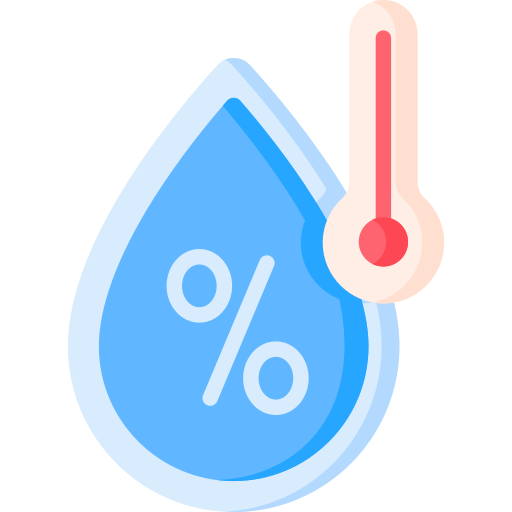Damascus - Introduction

About Damascus
Damascus Current Weather
Damascus, Syria
2026-02-10 08:13
Sunny
12.1°C
Temperature:12.1°C |
53.8°F
Feels like:11.1°C |
51.9°F
Other weather information:
| Parameter | Value |
|---|---|
Wind 
|
10.4 km/h |
Pressure 
|
1010 mb |
Humidity 
|
71% |
Visibility 
|
10 km |
UV Index 
|
0.2 |
Precip 
|
0 |